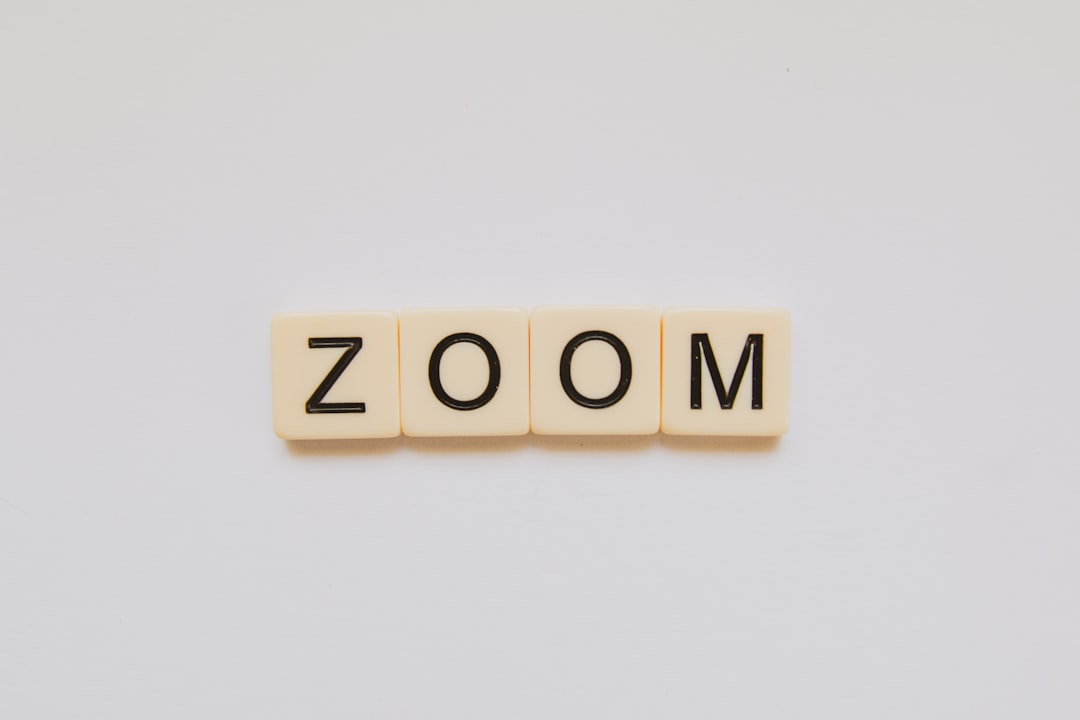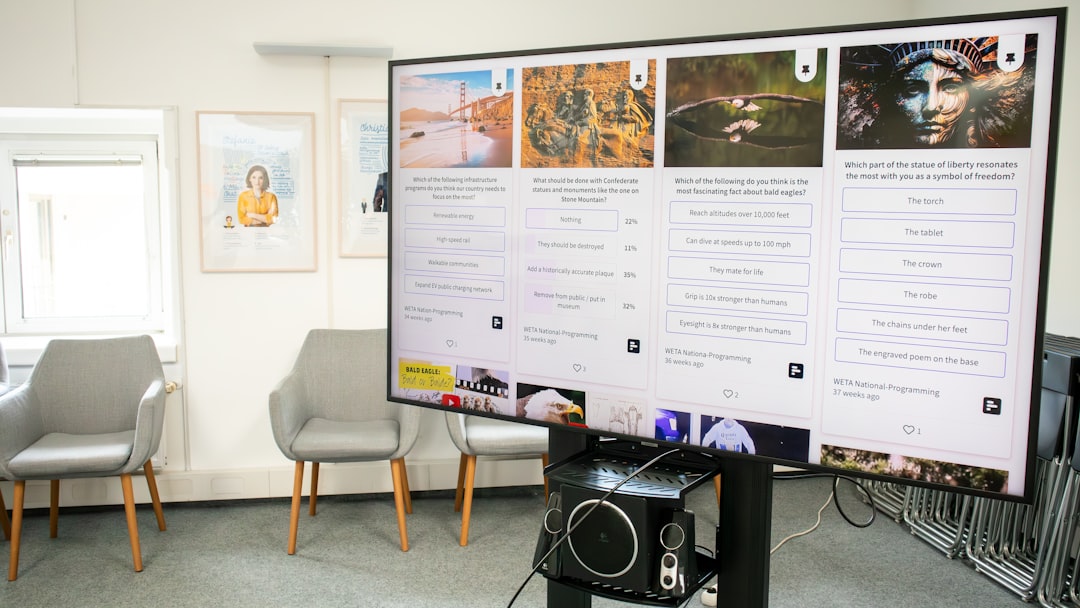PowerPoint has long dominated the world of pitch decks, serving as the go-to platform for entrepreneurs and professionals delivering presentations to investors, clients, and teams. However, in recent years, a wide array of innovative and visually captivating alternatives have emerged, offering unique features and modern aesthetics that can give any pitch a compelling edge. Whether it’s for better storytelling, interactivity, or streamlined collaboration, these PowerPoint alternatives are worth considering for those looking to break away from the conventional slideshow format.
Table of Contents
1. Prezi – Zooming Visual Storytelling
Prezi stands out for its non-linear presentation format, allowing presenters to zoom in and out of different sections of a canvas. Instead of flipping through slides, users guide the audience through a dynamic flow of information, creating a more engaging and intuitive narrative structure. The platform is particularly effective for pitches that rely on storytelling and connection rather than a rigid agenda.

2. Canva – Beautiful, Effortless Design
Canva is widely known for its ease of use and attractive templates. It enables users with little to no design expertise to create visually stunning pitch decks. With an extensive library of templates, fonts, icons, and images, Canva simplifies visual design while enhancing the pitch’s professionalism. Collaboration features also make it ideal for teams working remotely or across departments.
3. Slidebean – AI-Assisted Deck Creation
Slidebean appeals to startup founders who need a professional pitch deck quickly. With its AI-powered formatting engine, users input content and let the platform take care of the design. Slidebean’s analytics feature also tracks viewer engagement, making it perfect for understanding investor interest and optimizing future presentations.
4. Haiku Deck – Minimalism Meets Impact
Haiku Deck follows a minimalistic philosophy, encouraging users to focus on one powerful idea per slide, paired with impactful imagery. This approach is well-suited for storytelling and emotional resonance, particularly during investor pitches where clarity and confidence are vital. Haiku Deck integrates a massive library of royalty-free images, helping to elevate the visual quality of each deck.

5. Ludus – Creative Freedom for Designers
Ludus is a web-based presentation tool that caters to creative professionals. It supports the embedding of websites, videos, 3D models, and interactive elements, allowing designers to craft visually rich and interactive pitch decks. Ludus isn’t limited by traditional slide structures and provides more freedom to experiment, making it great for agencies or innovators targeting high-impact storytelling.
6. Visme – Data Sharing with Style
Visme bridges the gap between infographic creation and traditional slides. It’s ideal for pitches that revolve around data, research, or project metrics. Presenters can turn dense data into delightful visuals such as graphs, charts, and maps, helping to maintain audience interest while delivering essential insights clearly.
7. Google Slides – Cloud Collaboration at Its Best
Google Slides may not be as glamorous as other alternatives, but it excels in real-time collaboration and seamless cloud integration. Teams can work simultaneously on a deck, leave comments, and sync directly with other Google Workspace tools. As a free tool, it’s a practical and accessible option for startups and small teams.
8. Beautiful.ai – Smarter Layouts, Better Presentations
Beautiful.ai leverages AI to assist users in designing aesthetically pleasing slides that maintain consistency and visual harmony. It reduces the time and effort typically spent on formatting, making it an excellent tool for busy founders or marketers who want sharp visuals without hiring a designer.
Conclusion
The landscape of modern pitch decks extends far beyond PowerPoint. From AI-powered layout tools to highly interactive design platforms, today’s presentation tools cater to a variety of needs and preferences. By selecting the right platform, presenters can better express their ideas, connect with their audience, and stand out in an increasingly competitive space.
FAQs
- Q: What is the most user-friendly alternative to PowerPoint?
A: Canva is widely regarded as one of the most user-friendly tools due to its drag-and-drop interface and design-rich templates perfect for non-designers. - Q: Which platform is best for storytelling?
A: Prezi and Haiku Deck are strong candidates. Prezi offers a zooming narrative structure, while Haiku Deck emphasizes simplicity and visual impact. - Q: Can I use AI to help design a pitch deck?
A: Yes, Slidebean and Beautiful.ai both offer smart design features powered by AI, simplifying the creation process significantly. - Q: Which alternative is best for team collaboration?
A: Google Slides is ideal for real-time, cloud-based collaboration among team members, with commenting and editing tools built in. - Q: Are these tools free to use?
A: Most tools offer a free tier with limited features, but advanced functionality often requires a paid subscription.




